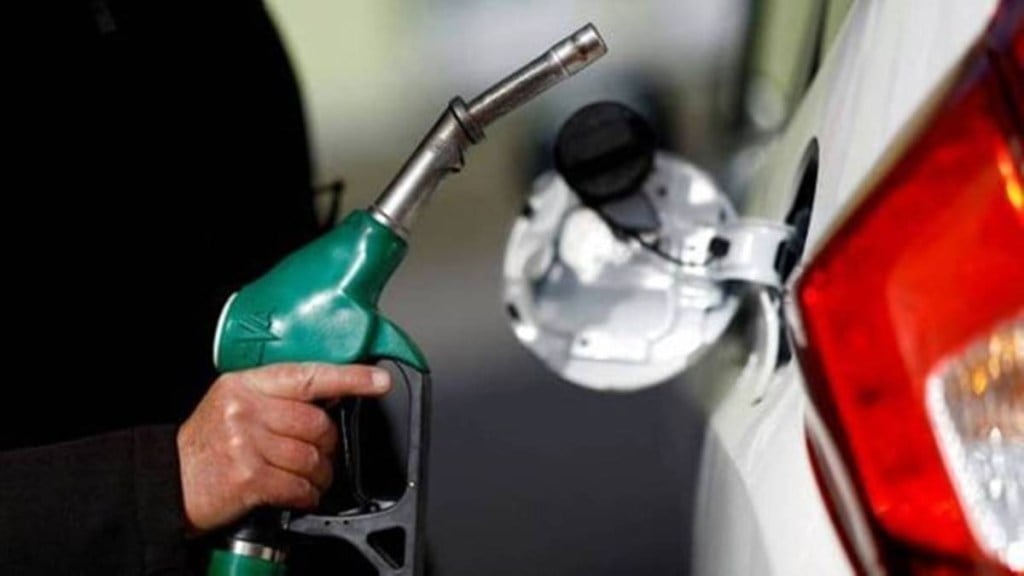In a mission towards cleaner emissions, the government has rolled out various plans, such as stricter emission norms, pushing for electric vehicles, and promoting hybrids. However, the larger plan is to curb pollution with existing ICEs, and one of them is ethanol-mixed petrol, which sounds all good.
However, many have raised concerns on various topics related to ethanol-blended petrol, from vehicle damage to low mileage. This has raised questions as to the ownership of new vehicles and the clarity on older vehicles. We help you decode the facts.
Ethanol-blended fuel and mileage
Many vehicle owners have reported a drop in vehicle mileage after switching to ethanol-mixed petrol, and this is true. Many car owners have reported a 20 to 30 percent drop in mileage, and some are furious about it.
The physics behind the whole thing is that petrol has a lot of energy density, while ethanol does not. So the blend does take away energy, and this, in return, reduces fuel economy in cars. Also, most carmakers test mileage in a controlled environment, so what they claim is generally higher than real-world conditions. This, combined with ethanol’s lower energy density, results in lower mileage.
How can ethanol-petrol harm the car?
Ethanol is hygroscopic, meaning it absorbs moisture. When fuel in the tank is left for a long time, say a car is parked, it can absorb moisture, and this can settle at the bottom of the fuel tank, leading to corrosion. This corrosion can cause failures in fuel pumps, and if particles get past the pump, it can cause damage to the fuel injectors. They can also make their way into the combustion chamber and cause damage to the cylinder walls, which will be an expensive repair.
So, what is the solution, one may ask? There are a few. Firstly, check if the vehicle is E10 or E20 (10 and 20 denote the percentage of ethanol mix in the petrol) compatible, and fill accordingly. The second way around it is to not leave the vehicle parked without use for too long, as this avoids moisture entering the fuel tank. If there is any damage owing to ethanol-blended fuel, the manufacturer should sort this out.
And finally, the move towards cleaner emissions does require some sort of sacrifice, and in this case, it’s a slight drop in mileage. And the advantage of ethanol mix will also keep the cost of fuel down, which many are vouching for.
